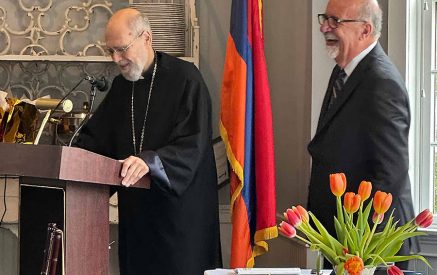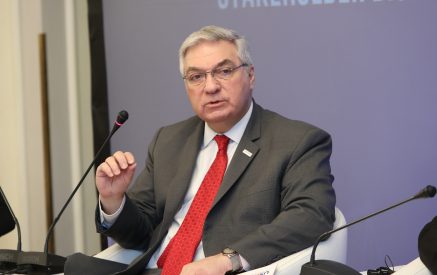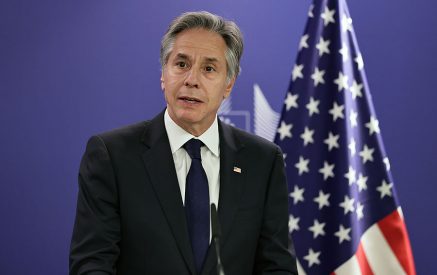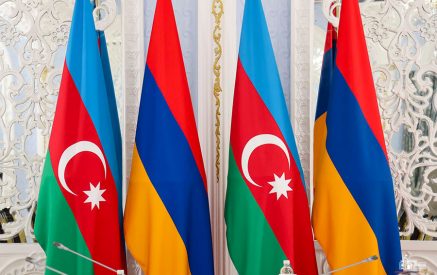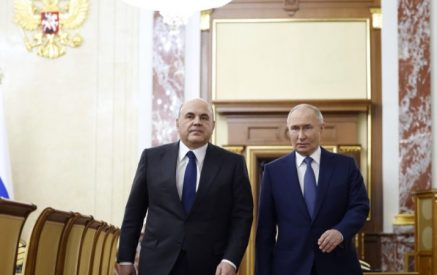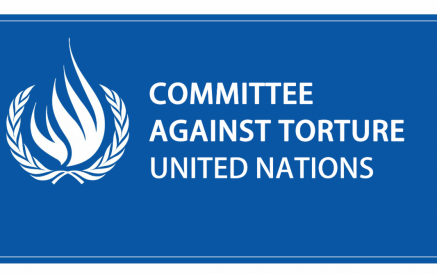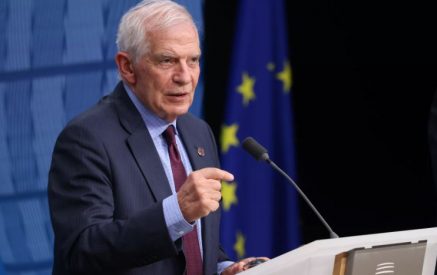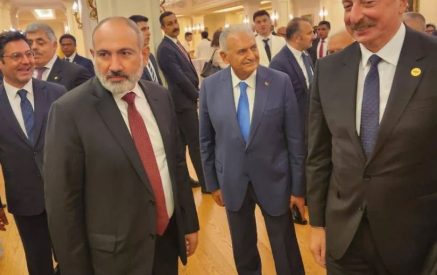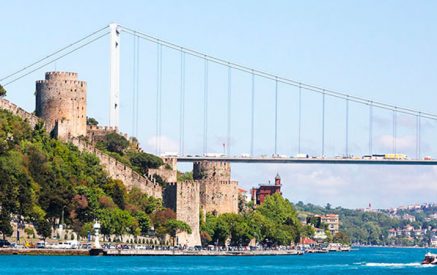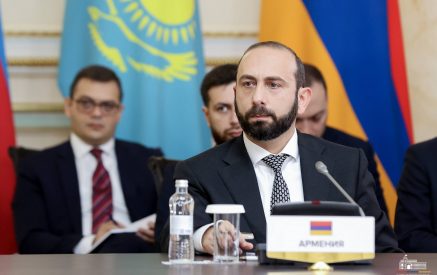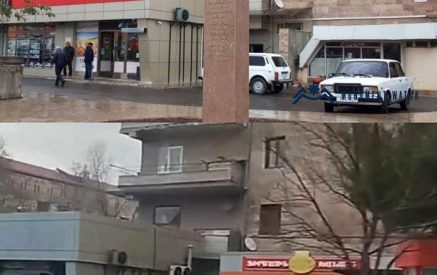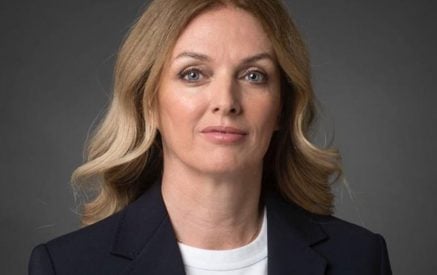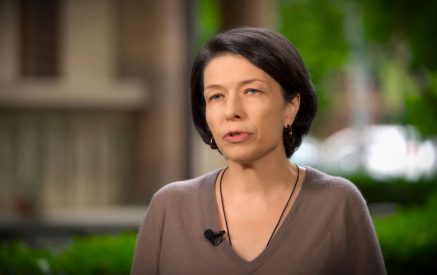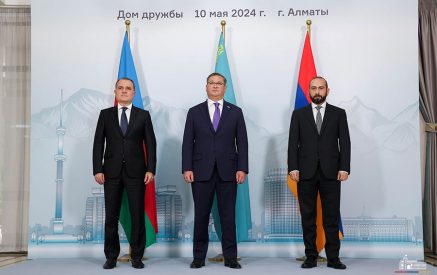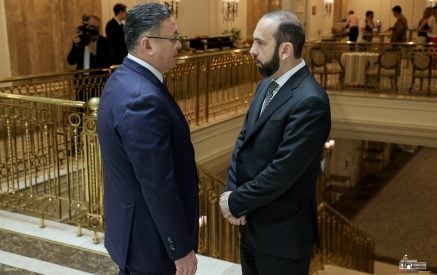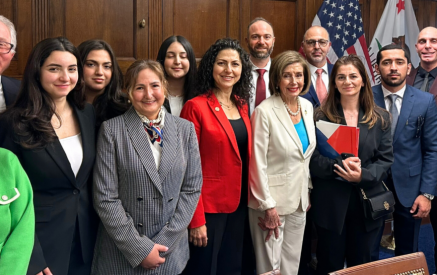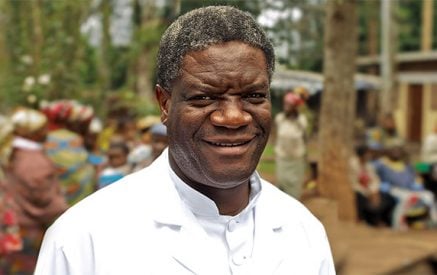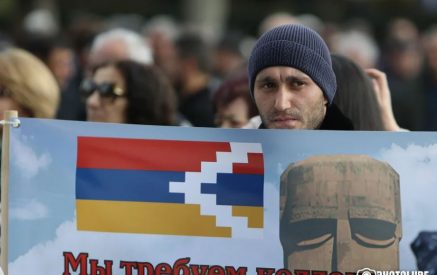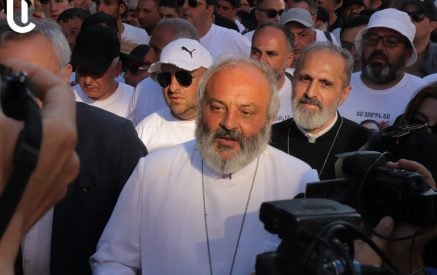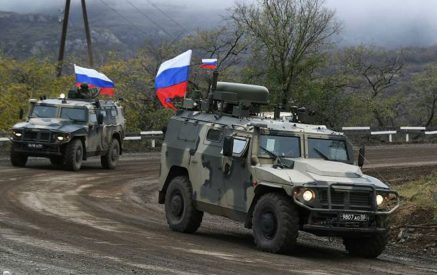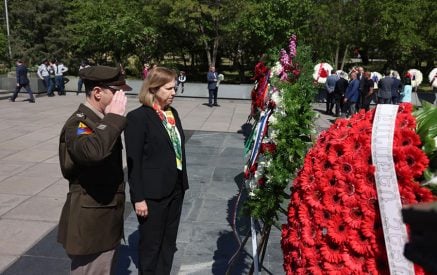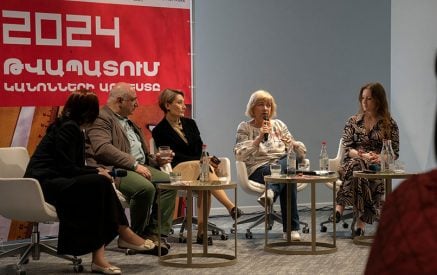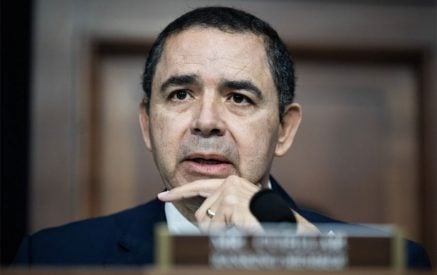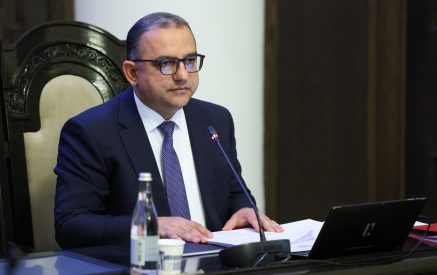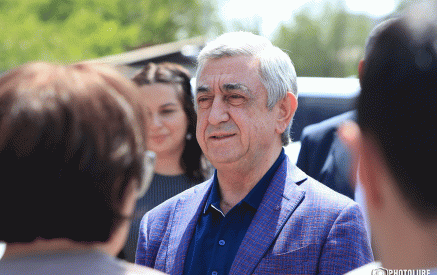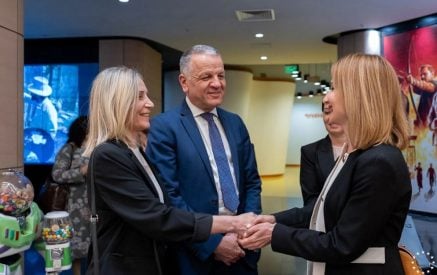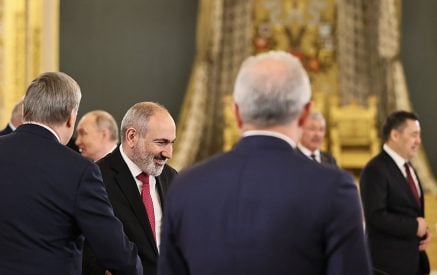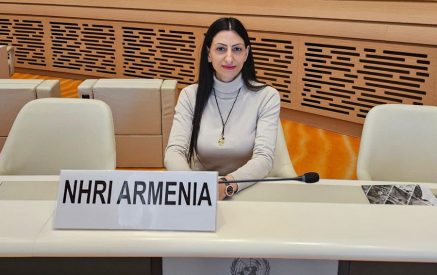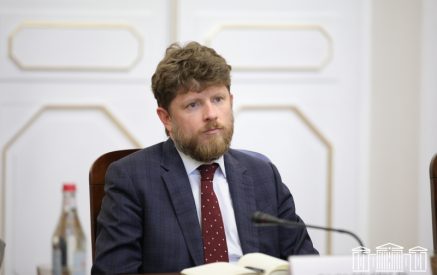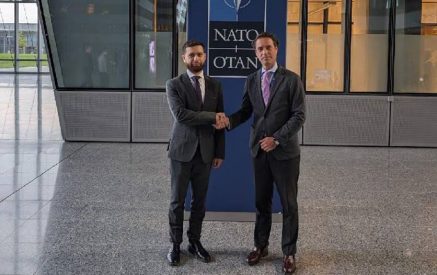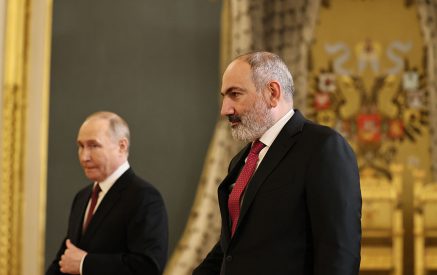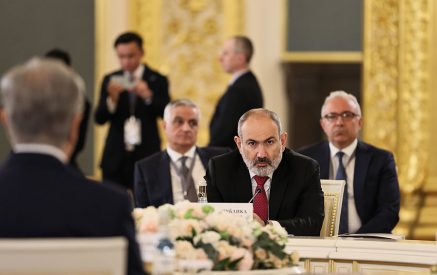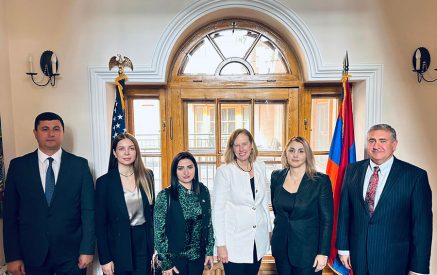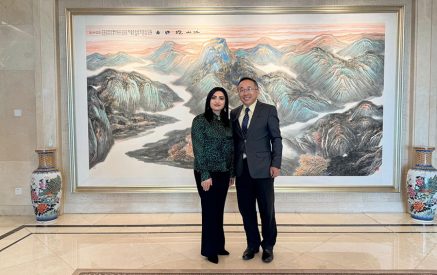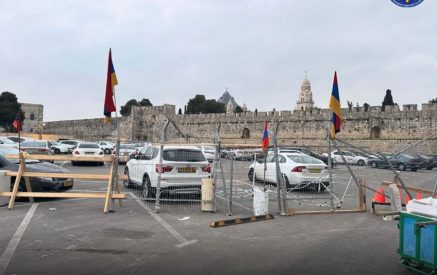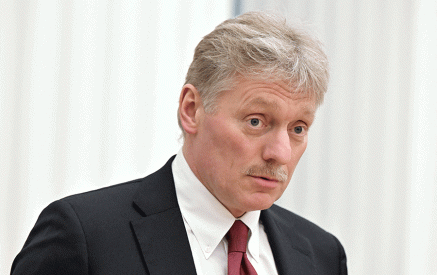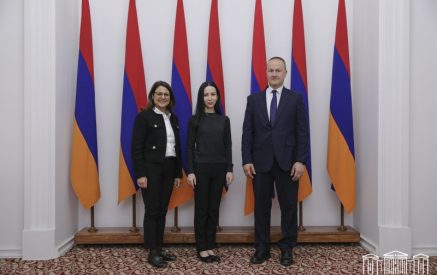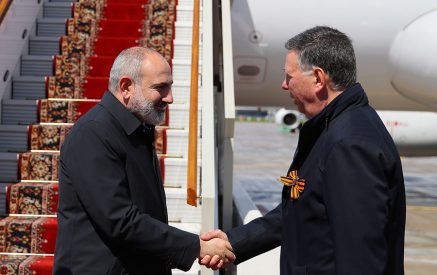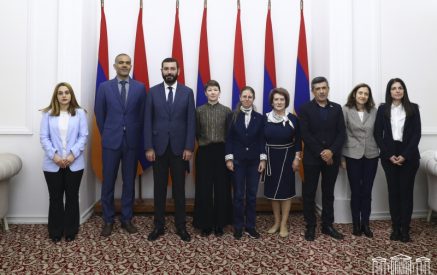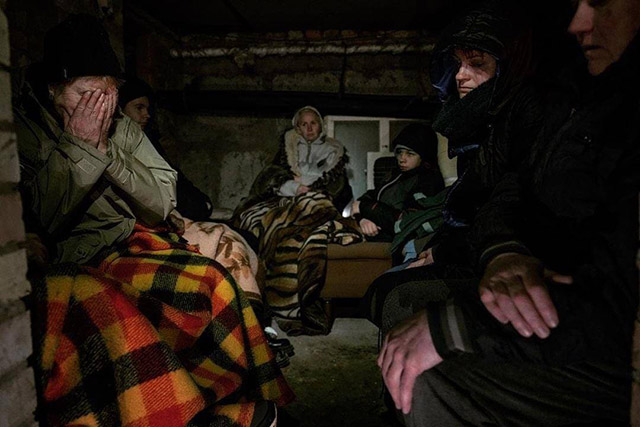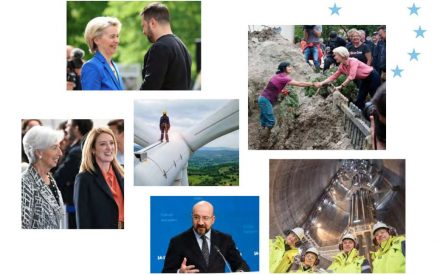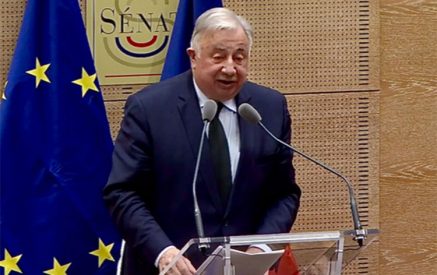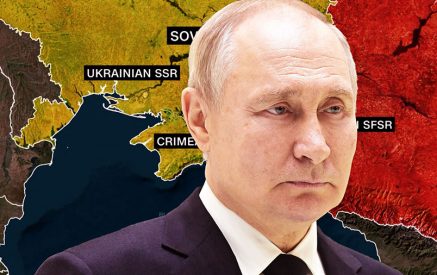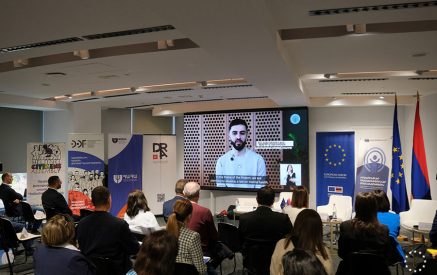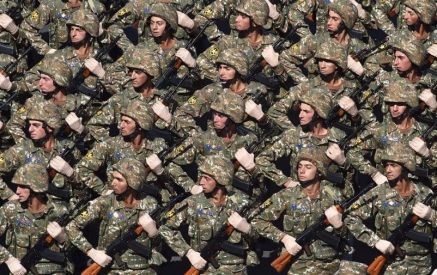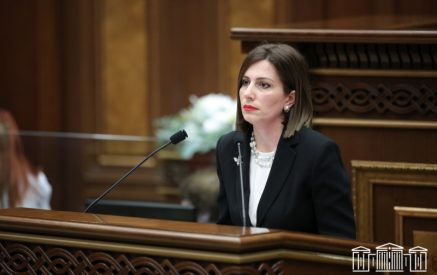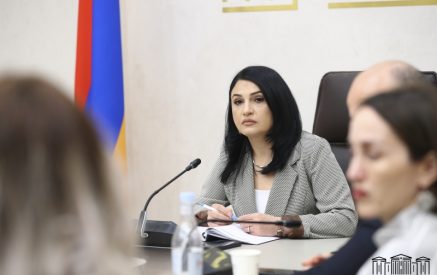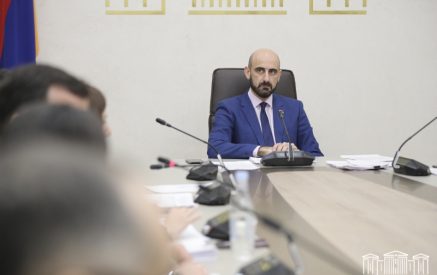Amid multiple ongoing humanitarian crises triggered by conflict, natural disasters, and climate change, three WHO Regional Offices brought governments, civil society including refugee and migrant voices, and health partners together at a high-level meeting in Istanbul this week to craft a joint new vision addressing the health and well-being of refugees and migrants as well as host communities, considering both current realities and anticipating future opportunities and challenges.
The gathering was convened by the WHO Regional Office for Europe with the support of the WHO Regional Offices for Africa and the Eastern Mediterranean, encompassing 122 countries and territories.
From the Sahel to Syria and now Ukraine, all three WHO Regions have witnessed large-scale migration and displacement of populations in recent years, both within their geographies and beyond.
“Regardless of the myriad factors that propel migration, it is not a modern or distinct phenomenon, but an enduring, enriching and vital part of our societies, an essential ingredient in how we – as communities and people – thrive and develop,” noted Dr Hans Henri P. Kluge, WHO Regional Director for Europe. “Together with refugees and migrants, we need to renew our public health approach, to realize that we are all better off when all of us – regardless of status – have access to health.”
Read also
In just the past three weeks alone, more than three million people have fled the war in Ukraine, with WHO and partners seeking to support urgent health needs both within Ukraine and surrounding countries that are receiving the refugees. Although this week’s meeting was planned long before the Ukraine emergency, the situation underscores how timely and urgent the Istanbul discussions are.
“What we are seeing in Ukraine is unfortunately all too familiar in Africa. Millions of Africans are living far from their homes, displaced by conflicts and other humanitarian crises,” said Dr Matshidiso Moeti, WHO Regional Director for Africa. “While some refugees and migrants go to Europe and other regions, almost 75% of migrants from sub-Saharan African countries remain within the continent. Africa has learnt many hard lessons on how to cope with the health needs of migrants and these are integrated into our proposed 5+5 approach – five priority actions based on five lessons learnt.”
Five lessons learnt
- We must work across sectors and include refugee/migrant voices.
- We must recognize migration as an asset, not a burden.
- We must address migration through a ‘whole-of-route’ approach.
- Health systems must be inclusive, and people centred.
- Recognize ‘One Health’ – linking the health of humans, animals and the planet – and its intersection with migration.
Five priority actions
- Ensure migrants and refugees have universal health coverage.
- Implement inclusive health emergency policies.
- Promote social inclusion and reduce inequalities between people.
- Strengthen migration health governance and data-gathering.
- Support new partnerships and innovative ways of working.
“Many countries have begun to act upon some of these elements in recent years but bringing all of them together and genuinely moving from rhetoric to action has never been more crucial,” said Dr Ahmed Al-Mandhari, WHO Regional Director for the Eastern Mediterranean. “Our interconnected world calls for more inter-regional partnerships to truly embed a ‘whole-of-route’ approach to refugee and migrant health.”
Around the time of the last High-level Meeting on Refugee and Migrant Health in 2016, WHO’s Europe Region was facing a large and sudden increase of newly arriving refugees, asylum seekers and migrants. Many host countries were not prepared at that time and migration became the focus of intense political debate. In response, the WHO Regional Committee for Europe adopted the Strategy and action plan for refugee and migrant health in the WHO European Region 2016-2022.
Under this plan, progress has been achieved on almost all parameters with many member states making their health systems more accessible and inclusive, having contingency plans for large arrivals of refugees and migrants, and conducting health needs assessments for these vulnerable populations.
“Despite this progress, unfinished business remains, and it is time for a new narrative on refugee and migrant health that builds upon what we’ve already done and takes us to the next level, including a recognition of the important contributions migrants make to our societies,” said WHO Europe’s Dr Kluge.
Migrants like Embalo, who is from Guinea-Bissau but now lives in Italy. During the COVID-19 pandemic he and his friends made masks for his adopted community. “When there was a problem in my village [in Guinea-Bissau], everyone, especially the young people, had a moral duty to help and lend a hand,” said Embalo. “Now, I have to give a hand to the inhabitants of the land that hosts me.”
“The 5+5 framework we’ve arrived at paves the way forward, not only for the European Region but well beyond,” Dr Kluge concluded. “The stakes are high, but I have expectations of us all: to reframe our mindsets on migration, from burden to opportunity; to share lessons learnt and practical solutions; and to build a tri-regional partnership for action. We must recognize the humanity that binds us to one another, with health for all a priority that can, and must, be achieved.”

